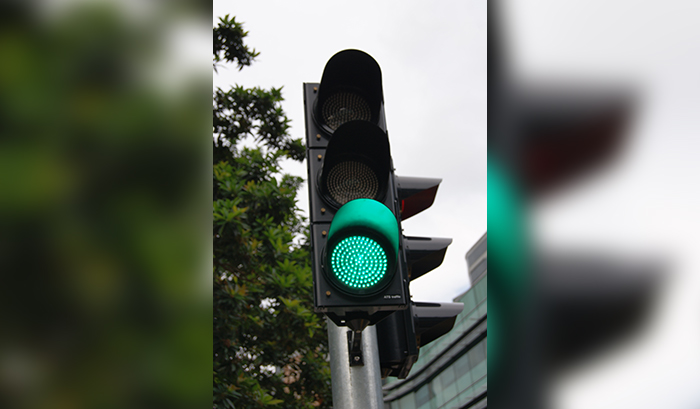The City Council has approved implementation of a Bus Signal Priority System that is intended to improve the efficiency of bus service.
In advance of community meetings next week, here is how it will work:
At intersections with traffic lights, buses will receive signal priority. By extending the green light for “a few seconds,” a Culver City bus running late may catch up to its schedule.
As part of the Bus Signal Priority Project, 35 existing near-side bus stops are recommended to be transferred to the far side of the intersection.
This is necessary, the city says, to maximize the effectiveness of the signal priority system.
On Saturday, June 25, three community meetings will be held in the ground floor Dan Patacchia Room at City Hall for residents to learn details and share their views. The separate meetings will start at 10, 1 and 4.
Results will be filtered back to the City Council at its Aug. 8 meeting.
Here is another perceived benefit of the traffic signal shakeup.
The relocation away from near-side will open an opportunity to regain parking spaces, in most instances, in the abandoned site.
Further, the change will cause the loss of some parking spaces in the new farside.
The 35 bus stop identified for relocation are along the following streets:
1). Washington Boulevard, 2). Culver Boulevard, 3). Sepulveda Boulevard, 4). Jefferson Boulevard, 5). Overland Avenue, 6). Braddock Drive, 7). Hannum Avenue, 8). Playa Street and 9). Bristol Parkway.
All other bus stops at signalized intersections in Culver City will benefit from the implementation of the bus signal priority system.







